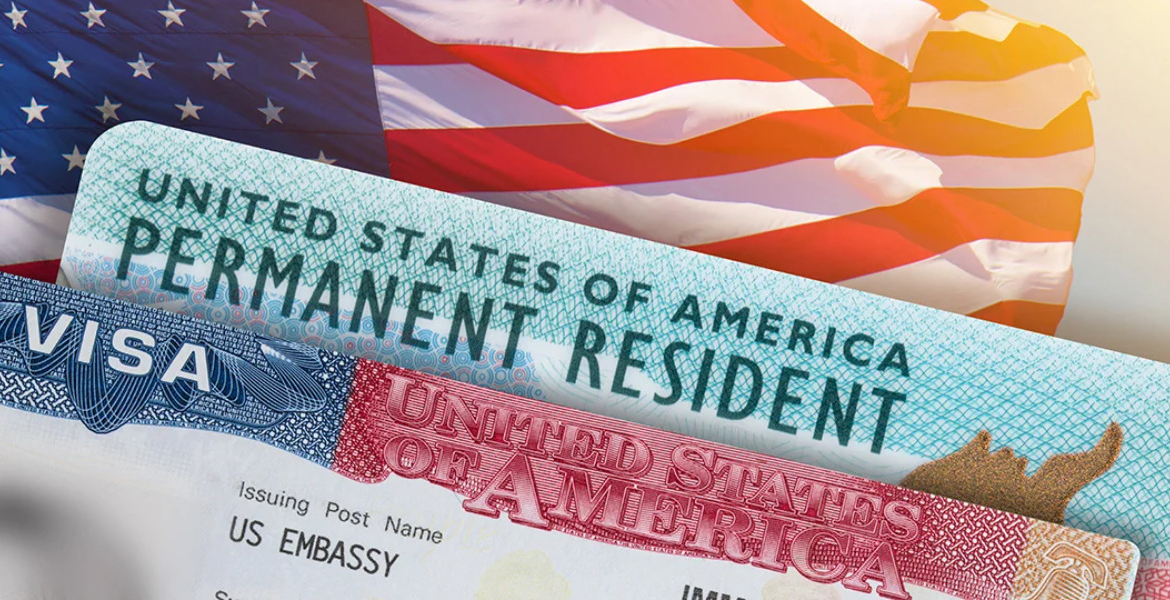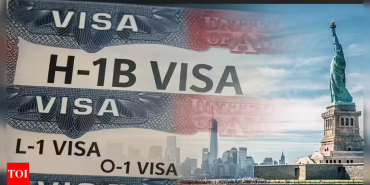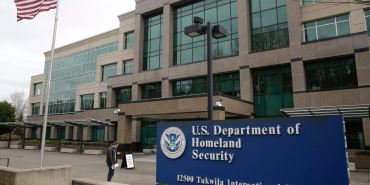Traveling Abroad with a Green Card? Here’s What You Need to Know

As the summer travel season approaches, non-citizens residing in the United States confront heightened anxieties stemming from increasingly stringent immigration enforcement policies.
The looming possibility of visa revocations, potential detention, and denial of re-entry casts a long shadow over the travel plans of many immigrants, a concern amplified by recent incidents involving visa holders and lawful permanent residents facing unexpected legal challenges. Since the Trump administration assumed office, a more assertive approach to immigration enforcement has cultivated a climate of fear within immigrant communities, according to immigration lawyers and advocates.
This apprehension has been intensified by widely publicized cases involving visa revocations and detentions of lawful permanent residents. Some US citizens also have reported increased scrutiny at the border. In light of these developments, immigration lawyers and advocates are strongly advising non-citizens to carefully evaluate the potential risks before embarking on international travel. The consequences of being denied re-entry into the United States can be severe, potentially disrupting lives and livelihoods.
Legal experts are also providing essential guidance on the rights and precautions non-citizens can take when interacting with immigration officials at border crossings. The Trump administration's immigration policies have introduced a palpable sense of insecurity among immigrants in the United States. By expanding detention and deportation procedures and restricting access to asylum and other forms of relief, the administration has created an environment where many immigrants are hesitant to leave the country, even for legitimate purposes, for fear of not being allowed to return.
Organizations dedicated to immigrant rights have expressed concerns about what they see as the administration's deliberate use of ambiguous policies designed to instill fear within immigrant communities. According to these groups, such policies represent a comprehensive assault on immigrants and their rights, irrespective of their legal status. Experts have identified strategies including the revival or expansion of outdated immigration policies and the enactment of new laws and regulations aimed at advancing an anti-immigration agenda.
The potential for visa revocation has emerged as a particularly pressing concern for non-immigrant visa holders, including students, workers, and tourists. While the State Department maintains the authority to revoke visas for justifiable reasons, the ambiguity surrounding the term "good cause" has fueled uncertainty and apprehension. Instances of visa revocations based on past criminal matters, such as minor misdemeanors or driving under the influence charges, have raised questions about the fairness and proportionality of these decisions.
Even green card holders, or lawful permanent residents, are not immune to increased scrutiny and potential difficulties. While their status cannot be terminated without a ruling from an immigration judge, green card holders may still face questioning and detention if Customs and Border Protection (CBP) officers suspect grounds for their removal from the country. This can occur if CBP officials believe that a green card holder has committed a crime, violated immigration laws, or engaged in activities that could make them inadmissible to the United States.
The distinction between "deportability" and "inadmissibility" grounds is critical in determining the rights and risks faced by non-citizens. Individuals already inside the US who are lawful permanent residents or hold lawful status can only be removed on "deportability" grounds, while those attempting to enter the US or applying for lawful permanent residence face "inadmissibility" grounds. Under the Trump administration, the standard for "inadmissibility" has become more expansive, encompassing a broader range of conduct and beliefs that could lead to denial of entry or permission to stay.
Experts emphasize that assessing the risk of international travel requires considering an individual's specific circumstances, including criminal history, protest involvement, and country of origin. Certain groups, such as student visa holders suspended for protest activity or those who have reduced their school hours, may be at higher risk of scrutiny and potential difficulties. Similarly, individuals from countries on the alleged travel ban list or those with a history of opposition to US foreign policy may face increased questioning and potential deportation.
Given the heightened risks and uncertainties, experts advise international students to carefully consider whether traveling home for the summer is worth the potential anxiety and stress. The possibility of facing heavy vetting upon return and the ongoing litigation surrounding immigration policies make it a challenging decision for many students. Non-visa travelers, such as those with Electronic System for Travel Authorization (ESTA) approval, also face the risk of being denied entry for even minor past arrests. Experts caution that by filling out the ESTA form, travelers waive certain rights and could face detention or deportation.
For those who choose to travel, experts recommend taking several precautions to minimize risk and prepare for potential challenges. Ensuring that all paperwork is in order and current is crucial, as is consulting with an immigration lawyer, especially for those with criminal records, even minor ones. Memorizing the phone number of an immigration lawyer and informing family members or trusted friends of travel plans can also be helpful in case of emergency.
Additionally, experts suggest cleaning phones and electronic devices of any content that could raise concerns, including texts, photos, social media posts, or other personal information related to political views, drug or alcohol use, or other potentially sensitive topics. Some experts even recommend taking extreme measures, such as having an extra cellular device hidden in clothing or using a location-tracking device, to ensure that family members can locate them if they disappear.








Add new comment